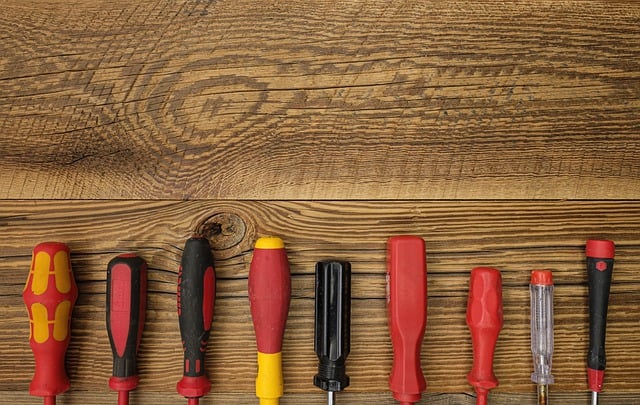An energy audit, led by qualified electricians, analyzes a property's energy usage, identifying inefficiencies through detailed assessments of HVAC, lighting, and insulation. Beyond saving on utility bills and reducing carbon footprints, these audits increase property value and guide eco-friendly renovations. Electricians use advanced tools to pinpoint areas for improvement, like outdated wiring or poorly insulated spaces, and recommend upgrades such as energy-efficient lighting and smart thermostats. They play a crucial role in implementing sustainable practices that minimize a building's environmental impact.
“Energize your home or business with expert energy audits—a powerful tool for optimizing energy efficiency. This comprehensive guide explores the art of performing thorough audits and offers actionable insights from industry professionals. From identifying energy wasters to implementing cost-saving solutions, we unravel the benefits.
For electricians, this resource provides a roadmap for delivering exceptional service. Discover best practices tailored to your trade, ensuring clients achieve significant energy savings with every audit.”
- Understanding Energy Audits: What They Involve and Their Benefits
- Recommendations for Improvements: Best Practices for Electricians
Understanding Energy Audits: What They Involve and Their Benefits

An energy audit is a comprehensive assessment that helps identify how much energy a building or home consumes and where improvements can be made to reduce that consumption. Conducted by a qualified electrician, this process typically involves an expert walking through the property and examining various systems like heating, ventilation, air conditioning (HVAC), lighting, and insulation. They use specialized tools to gather data on energy usage patterns and identify inefficiencies or areas of concern.
The benefits of an energy audit are multifaceted. It not only helps reduce utility bills by optimizing energy use but also contributes to a more sustainable environment by lowering carbon footprint. Moreover, it can increase the property’s value through improved energy efficiency, which is often appealing to potential buyers. For homeowners and businesses alike, an energy audit serves as a roadmap for making informed decisions about renovations or upgrades, ensuring long-term cost savings and environmental stewardship.
Recommendations for Improvements: Best Practices for Electricians

When it comes to recommending improvements, electricians play a crucial role in energy efficiency. Best practices for electricians involve starting with a thorough understanding of the building’s current energy usage and identifying areas of high consumption. Using advanced tools like smart meters and thermal imaging cameras can help pinpoint problem spots, such as outdated wiring or poorly insulated areas.
Once these issues are identified, electricians should provide clear and actionable recommendations. This may include upgrading to energy-efficient lighting fixtures, installing smart thermostats to optimize heating and cooling systems, or suggesting the integration of renewable energy sources like solar panels. By following these practices, electricians can significantly contribute to a building’s overall energy audit improvements and help clients reduce their carbon footprint.
Energy audits are a powerful tool for electricians to enhance energy efficiency, reduce costs, and contribute to a sustainable future. By understanding the audit process and implementing best practices, electricians can provide valuable recommendations for clients, ensuring their homes or businesses become more energy-conscious. These improvements not only benefit the environment but also offer long-term financial savings, making it a win-win situation for both clients and the industry as a whole.
